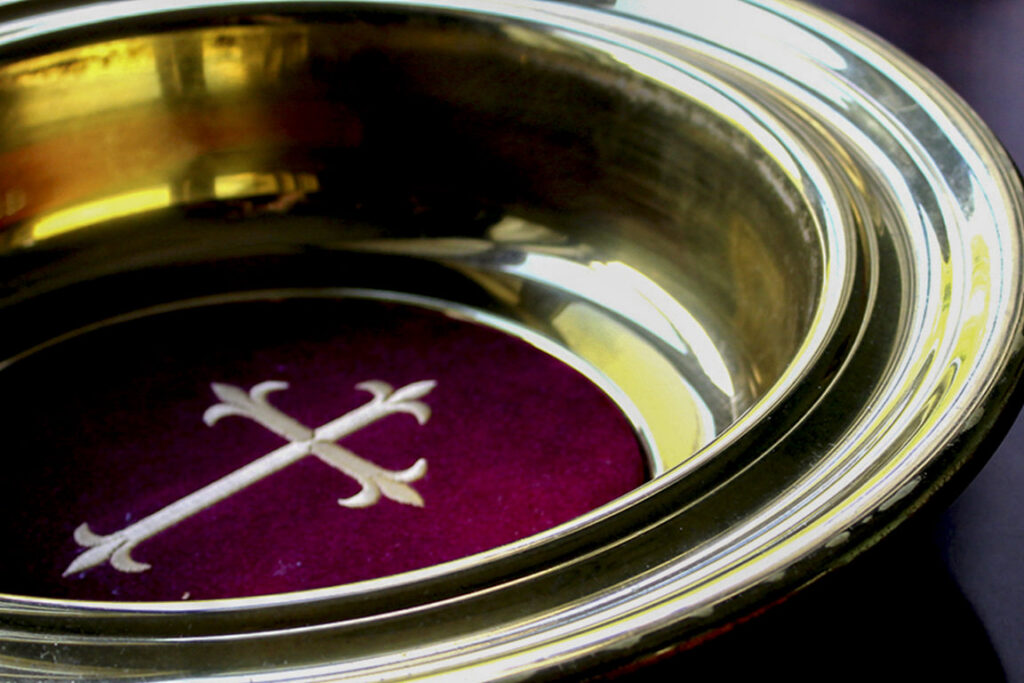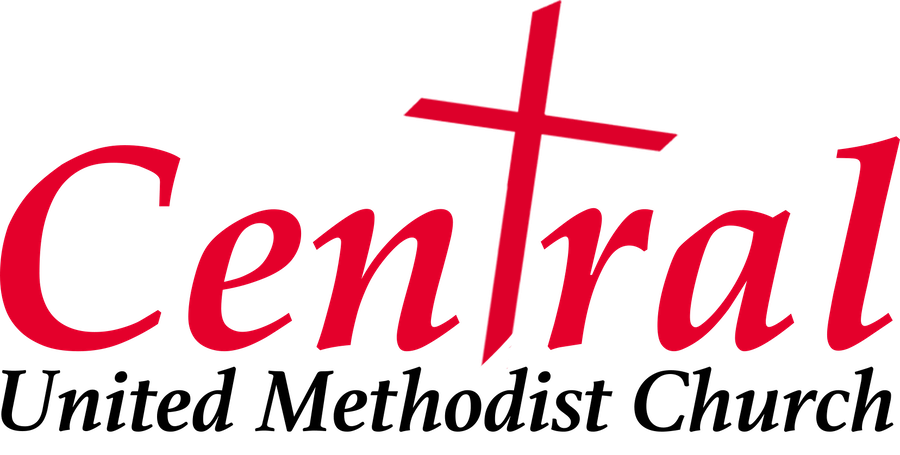
Photo by Kathryn Price, United Methodist Communications
How does connectional giving help?
When you drop your loose change in the bowl next to the cash register to help feed the hungry, it may not seem like much. How much can 50 cents really do? But if the next 1,000 people did the same, then you’d have $500 and be able to feed a hundred. That’s what connectional giving does. Together, it multiplies a little to a lot!
Clicking on “Give Online” will take you to a to secure form that will accept your donation and deposit it in Central United Methodist Church’s bank account.
Connectional giving: Better together!
By Aaron Crisler
Connectional giving. What is it? A simple explanation is a group of people pooling their resources to achieve something greater than themselves. Through their connectional gifts, members of The United Methodist Church support specific funds, projects, and missions.
United Methodists are connectional – we are better together, making a difference in the world.
Connectional giving is the lifeblood of ministry, and it allows us to share the concerns of many individuals. This concept is founded on a desire to address the needs of all of God’s people, and it stems from our urge to give in order to be spiritually healthy and whole children of God.
The particular giving structure of The United Methodist Church ensures that your contribution blesses as many people as possible in a long-term, strategic way. When you give toward one of the six Special Sundays, you enable vital ministries that change the world, one life at a time. As United Methodists, we also support critical ministries and missionaries through The Advance – an accountable voluntary giving platform that supports the worldwide mission of the UMC. No administrative costs are deducted, and 100% of your gift goes directly to the need.
Linda Bruner, Senior Manager of Connectional Giving Marketing, says, “Every day, we strive to raise awareness of connectional giving and encourage engagement in local churches. We offer materials for special Sundays, awareness Sundays, apportionments, and a few more giving options. We provide worship tools, age-appropriate resources for groups and classes, and promotional resources for churches, available in each pastor, leader, and generosity kits for each special Sunday.
“Our individual gifts of support make us a better church for the sake of God’s world,” says Bruner.
But why do we participate in connectional giving? “We are called to give,” says Bruner. “Jesus asked us to do so to be able to share his love everywhere. Giving is one way we worship, and when we give for the benefit of someone else, we are following the scripture to love one another as Jesus has loved us.”
Connectionalism in action – what does it look like? “It’s an amazing thing!” says Bruner. “The reason connectional giving of The United Methodist Church works is our local churches. If we have a local church in a certain area that needs help, we help through that local church – through connection. It’s such a wonderful thing to know that the little amount that I am able to give is multiplied to do so much around the nation and around the world. We have this connection that we work together that makes sure this ship goes forward – it is strategically placed to do strategic ministry.”
The work of connectional giving is personal to Bruner. “I am a cradle Methodist, raised in the church as a preacher’s kid,” she says. “The ministries and giving opportunities feel like part of my DNA. I have always known about the ways the UMC connects with the world through our connectional structure, but many do not. It is overwhelming when you speak about the connection and how it is changing lives. We support ministries that offer refuge in times of disaster, promote peace and justice, feed the hungry and give shelter to those in need, provide scholarships to those who would never normally receive them, develop communities and teach skills to encourage self-sufficiency.”
Bruner states: “Our big and small efforts in our local churches are amplified when we combine them, and there is no way we could achieve all of this without each other. We all benefit from the love of Christ, and we amplify that love when we give together, just as Jesus invited us to do so long ago. It feeds my soul being able to help spread the love of Christ and I am able to do that in my work with connectional giving.”
Bruner concludes by saying this: “I want people to understand: what we can do together is much bigger than what we can do alone. That’s what we do through connectional giving.”
Learn more about connectional giving.
*Aaron Crisler is a senior public relations specialist at United Methodist Communications.
